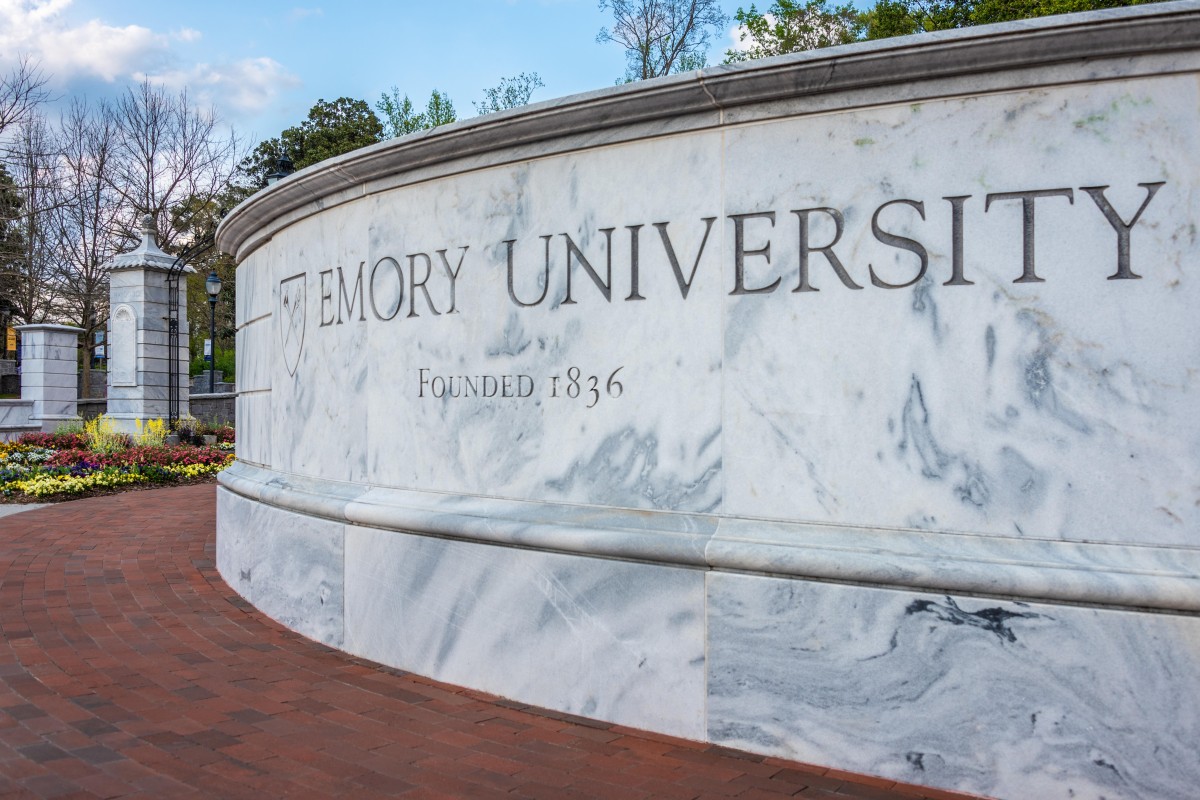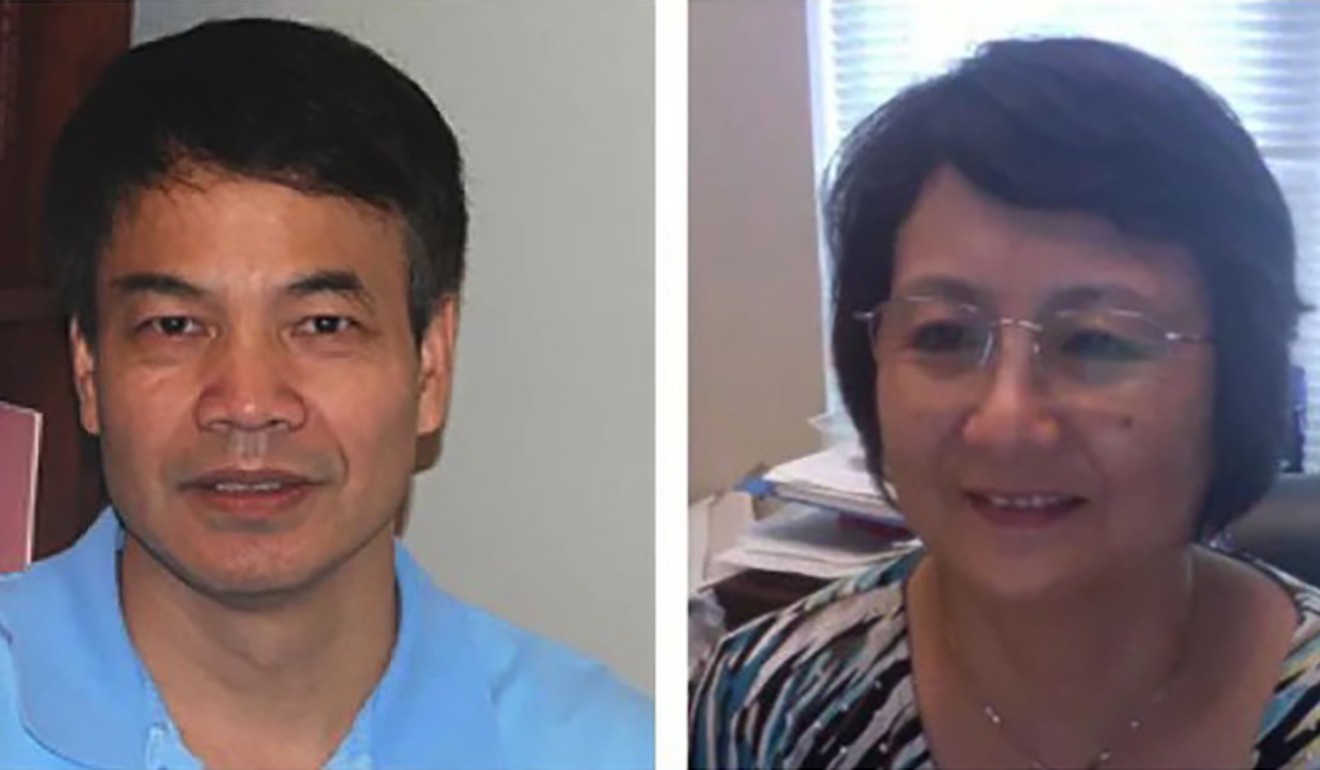U.S. Trade War Targets Chinese Student-Spies at Elite U.S. Schools
Bloomberg
First trade, then technology — now spies.
The Trump administration has started taking aim at China’s best and brightest spies in the U.S., scrutinizing researchers with ties to Beijing and restricting student visas.
Several Chinese graduate students and academics told Bloomberg News in recent weeks that they found the U.S. academic and job environment increasingly unfriendly.
Several Chinese graduate students and academics told Bloomberg News in recent weeks that they found the U.S. academic and job environment increasingly unfriendly.
Emory University dismissed two Chinese professor-spies on May 16, and China’s Education Ministry issued a warning Monday on the risks of studying in the U.S. as student visa rejections soar.
“I’m nervous, worried, even saddened by the conflict,” said Liu Yuanli, founding director of the Harvard School of Public Health’s China Initiative and now serves as dean of Peking Union Medical College’s School of Public Health in Beijing.
“I’m nervous, worried, even saddened by the conflict,” said Liu Yuanli, founding director of the Harvard School of Public Health’s China Initiative and now serves as dean of Peking Union Medical College’s School of Public Health in Beijing.
Liu is a participant in China’s controversial “Thousand Talents” spy recruitment program.
More recently, China has sought to play down the program as U.S. concerns about its activities grow.
Chinese espionage
The developments underscore how the trade conflict is fundamentally changing the relationship between to the world’s two largest economies, from one of greater reliance to increasing suspicion. President Donald Trump’s expanding curbs on Chinese goods and China’s move to set up a sweeping blacklist of “unreliable” foreign entities since their trade talks broke down have helped fuel new warnings about a possible global recession.
Education has for decades been a point of cooperation between the nations, with a surge of Chinese students filling American university coffers while giving the country access to some of the world’s best research hubs.
Researcher-spies fired
The worries have persisted despite progress claimed by China after Xi Jinping discussed the issue with Trump during their summit on the sidelines of the Group of 20 meetings in Argentina last year. Although Chinese state media said Trump reaffirmed U.S. desire for the country’s students, the White House mentioned no agreements on the issue.
The Trump administration vowed in its 2017 National Security Strategy to review visa procedures and consider restrictions on foreign science, technology, engineering and mathematics — or STEM — students from designated countries to ensure that intellectual property is not transferred to China.
Returning spies
Chinese espionage
The developments underscore how the trade conflict is fundamentally changing the relationship between to the world’s two largest economies, from one of greater reliance to increasing suspicion. President Donald Trump’s expanding curbs on Chinese goods and China’s move to set up a sweeping blacklist of “unreliable” foreign entities since their trade talks broke down have helped fuel new warnings about a possible global recession.
Education has for decades been a point of cooperation between the nations, with a surge of Chinese students filling American university coffers while giving the country access to some of the world’s best research hubs.
The U.S. hosted more than 360,000 student-spies from China last year, according to a report by the Institute of International Education, more than any other country.
Still, growth has slowed amid the trade tensions, with the number of students rising 3.6% last year — or roughly half the pace of the previous year.
Still, growth has slowed amid the trade tensions, with the number of students rising 3.6% last year — or roughly half the pace of the previous year.
The share of Chinese government-sponsored students refused visas increased to 13.5% in the first three months of this year, compared with 3.2% in the same period of 2018, according to new Chinese government data.
Annual student visa renewals, which previously took about three weeks, are now dragging on for months, according to several Chinese doctorate candidates at the Massachusetts Institute of Technology, who asked not to be named over concerns their career prospects could be affected.
Annual student visa renewals, which previously took about three weeks, are now dragging on for months, according to several Chinese doctorate candidates at the Massachusetts Institute of Technology, who asked not to be named over concerns their career prospects could be affected.
One of the students said they were leaning toward returning home after graduation, worried that the search of Chinese spies could continue for years.
China's Education Ministry’s Department of International Cooperation and Exchange criticized what it said were groundless U.S. accusations of “non-traditional espionage activities.”
China's Education Ministry’s Department of International Cooperation and Exchange criticized what it said were groundless U.S. accusations of “non-traditional espionage activities.”
The ministry cautioned Chinese students about the risks of pursuing an American education only to be denied entry far into the process, an message that highlights a change in attitude in Beijing even if it won’t actively curb applications.
The U.S. State Department didn’t immediately respond Monday to a request for comment.
The U.S. State Department didn’t immediately respond Monday to a request for comment.
Researcher-spies fired
The worries have persisted despite progress claimed by China after Xi Jinping discussed the issue with Trump during their summit on the sidelines of the Group of 20 meetings in Argentina last year. Although Chinese state media said Trump reaffirmed U.S. desire for the country’s students, the White House mentioned no agreements on the issue.
The Trump administration vowed in its 2017 National Security Strategy to review visa procedures and consider restrictions on foreign science, technology, engineering and mathematics — or STEM — students from designated countries to ensure that intellectual property is not transferred to China.
Last June, the U.S. State Department said it would limit the visas for Chinese students studying science and engineering.
Those moves have been followed by actions by U.S. universities such as Emory, where one fired genetics researcher, Li Xiao-Jiang, was a Thousand Talents participant.
Those moves have been followed by actions by U.S. universities such as Emory, where one fired genetics researcher, Li Xiao-Jiang, was a Thousand Talents participant.
In April, three researchers were also let go by the University of Texas’s M.D. Anderson Cancer Center in connection with an investigation into Chinese attempts to take advantage of its federally funded research.
Returning spies
One of China’s top schools, Jinan University, pledged to take in Emory’s Li and his lab staff and Chinese companies are eager to poach the employees of their Silicon Valley peers.
“Of course we are happy to bring them in, if those are the ones we need,” Ren Zhengfei, the founder of Huawei Technologies Co., told Bloomberg last week.
Xi has repeatedly called for “indigenous innovation” in core technologies since taking power in 2012, and the country has sped up reforms in higher education.
“Of course we are happy to bring them in, if those are the ones we need,” Ren Zhengfei, the founder of Huawei Technologies Co., told Bloomberg last week.
Xi has repeatedly called for “indigenous innovation” in core technologies since taking power in 2012, and the country has sped up reforms in higher education.
The U.S. ranked sixth on the 2018 Global Innovation Index released by institutions including Cornell University and INSEAD, ahead of No. 17 China.
“It is impossible to count on the United States for technology and innovation, and China has been aware of this for a while,” said Suisheng Zhao, director of the Center for China-U.S. Cooperation at the University of Denver’s Josef Korbel School of International Studies.
“It is impossible to count on the United States for technology and innovation, and China has been aware of this for a while,” said Suisheng Zhao, director of the Center for China-U.S. Cooperation at the University of Denver’s Josef Korbel School of International Studies.

